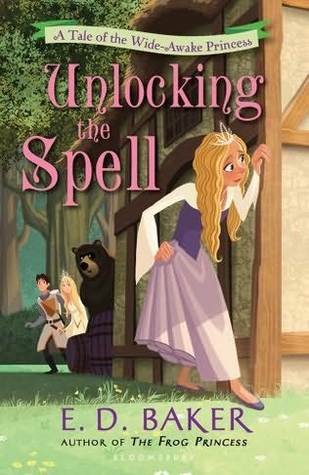
After many years from whence I set my mind to it, I finally read The Chronicles of Narnia. It was very interesting to read these works that many have discussed and, actually, debated. One of the main debates is which order to read them in: how Lewis wrote and published them, or in chronological order, as they are currently published. My copy has all seven in one, and I read them in the order the appeared in this compilation, chronologically.
One of my reasons for wanted to read Narnia in the first place was because I'd heard it was like a children's bible; a way to present some of the stories and morals from the bible to young children. In fact, when I first read The Magician's Nephew a few years ago, I wrote a paper on it connecting it to Genesis's telling of the creation and the tale of Adam and Eve. It seems to me that Narnia certainly has many links to the bible, but not in an annoying way, more in a teach-your-child kind of way.
Lewis denied allegorical intent in his writing, instead stating that the aspects of Christianity he presented are merely "supposition"1 and I find they're still a great series regardless of their Christian aspect. They're written for younger children, but enjoyable to all ages. I highly recommend this series (even though I didn't like the ending!): just read the books before the movies because they're very different, especially in the battles. Read on!
1. http://en.wikipedia.org/wiki/Narnia_books Yes, it's Wikipedia, but I'm quoting a cited source. I just don't know if it's 51 or 52! :)







